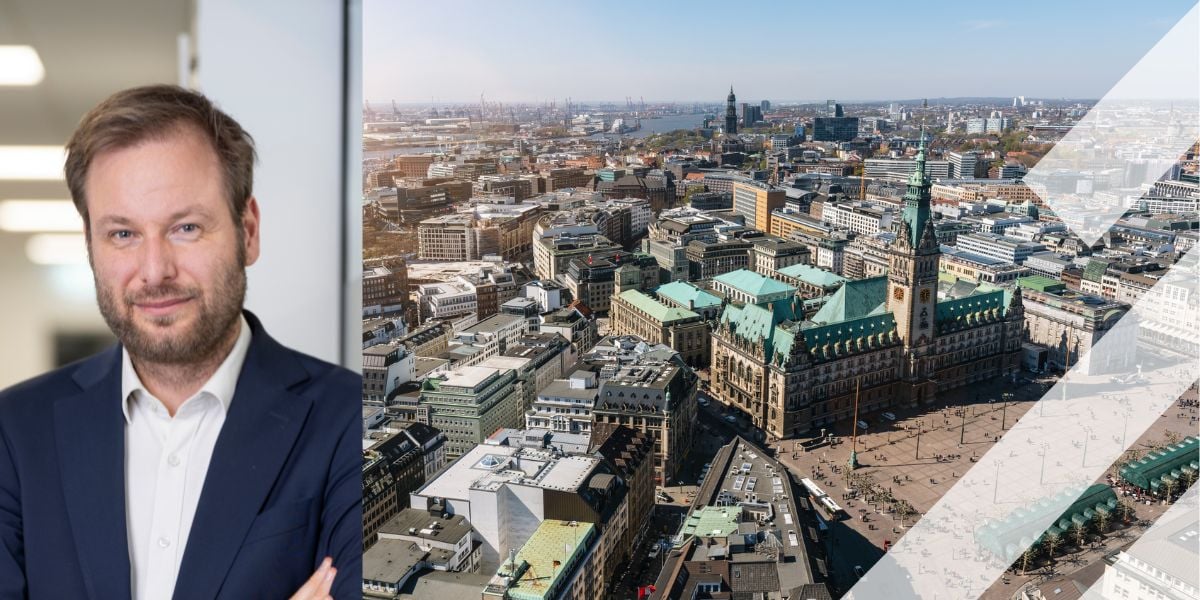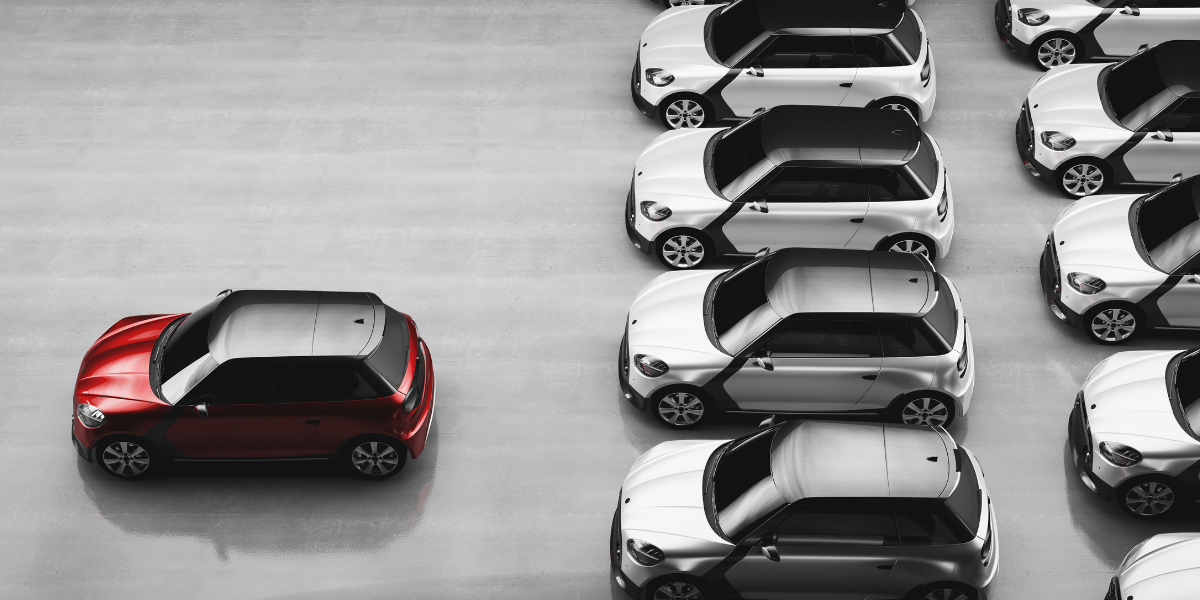sustainable mobility innovations: fostering a new culture
Over the past few years, and in particular the last couple, Europe has witnessed a raft of remarkable advancements in sustainable mobility, reflecting a collective commitment to environmental stewardship and innovative transport solutions. Intertraffic takes a look into five of the most intriguing and groundbreaking developments that have emerged across the continent, with a couple of slightly more “left field” solutions than you might expect.
Coventry's Pioneering Energy Innovations
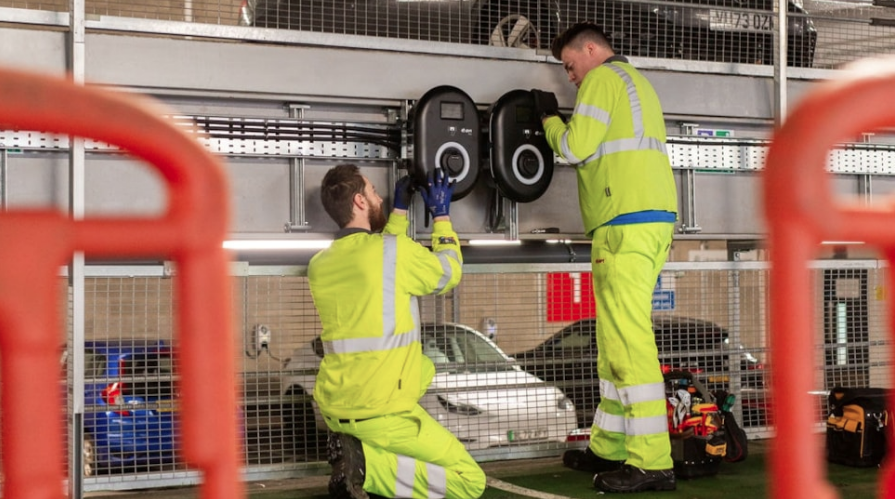
Coventry, a city with a rich automotive history, has embarked on a ‘transformative journey’ towards sustainability through a 15-year strategic energy partnership with E.ON. This collaboration encompasses a suite of initiatives aimed at reducing carbon emissions and enhancing energy efficiency across the West Midlands city.
One notable project involves the use of thermal drone surveys to identify homes with inadequate insulation. By pinpointing these properties, the city can prioritize energy-efficient retrofits, thereby reducing energy consumption and associated costs. The link to mobility? The prospect of using excess electricity generated by energy efficient homes to charge electric vehicles in what would be one of the first UK vehicle-to-grid projects.
Additionally, Coventry is accelerating the adoption of electric vehicles by installing hundreds of EV chargers and is on track to transition to an all-electric bus system by 2025, the first UK city to do so.
In the first year of the partnership with E.ON, established in 2023, new electric vehicle chargers were installed across the city centre, with hundreds more planned in the coming years. In fact, Coventry has more EV chargers than any city outside London – almost 500 charging points per 100,000 people.
Efforts are also directed towards supporting low-income households through free battery installations and green energy upgrades for community buildings and schools. By integrating education on renewable energy into school curriculums, Coventry is fostering a culture of sustainability among its younger residents. This comprehensive approach not only aims for net-zero emissions by 2050 but also seeks to create green jobs and stimulate economic growth, positioning Coventry as something of a model for other cities aiming for sustainable development.
"Coventry has more EV chargers than any city outside London – almost 500 charging points per 100,000 people"
Barcelona's Autonomous 'Bus of the Future'
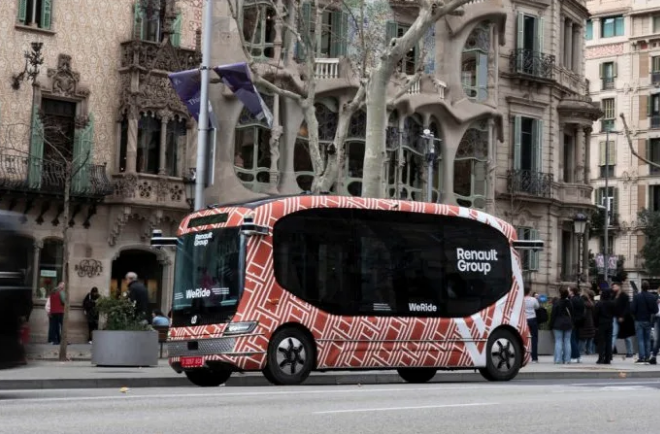
In a significant leap towards autonomous public transport, Barcelona has been testing a driverless mini-bus developed by Renault in collaboration with WeRide. This electric vehicle offers free rides along a 2.2 km circular route in the city's centre, showcasing the potential of autonomous technology in urban settings.
Equipped with 10 cameras and eight lidars, the mini-bus can travel up to 120 kilometers without recharging and reaches speeds of up to 40 km/h. Despite Europe's slower adoption of autonomous vehicle technology compared to the United States and China, Renault's initiative demonstrates the viability and safety of integrating such vehicles into European public transport systems. Notably, city officials have reported no accidents involving the experimental bus, highlighting its potential as a safe and efficient urban mobility solution.
“Barcelona has been testing a driverless mini-bus developed by Renault in collaboration with WeRide. This electric vehicle offers free rides along a 2.2 km circular route in the city's centre, showcasing the potential of autonomous technology in urban settings.”
The service showcased the maturity and potential of automated transport technologies in a dense, complex urban environment. The pilot also represented the first test of WeRide and Renault’s jointly developed autonomous vehicle in Spain, which the companies say is capable of SAE Level 4 autonomy.
France's Electric Vehicle Charging Freeway

France is set to revolutionize electric vehicle (EV) infrastructure with the planned testing of an "electric highway" in 2025 on the A10 autoroute near Saint-Arnoult-en-Yvelines. This innovative project involves embedding inductive coils beneath the asphalt to charge EVs wirelessly as they drive, potentially reducing the need for frequent charging stops and allowing for smaller battery sizes.
“France is set to revolutionize EV infrastructure with the planned testing of an "electric highway" in 2025 on the A10 autoroute near Saint-Arnoult-en-Yvelines.”
The trial is a collaborative effort between Vinci Autoroutes, Gustave-Eiffel University, and Hutchinson, with support from the French government. While the high costs associated with such infrastructure mean widespread deployment may not occur before 2030, this initiative represents a significant step towards seamless and efficient EV travel. Using 200 kilowatts of power could recharge 50% of a car's battery by driving for only 10 minutes in the right-hand lane, Vinci have claimed.
SeaBubbles: France's Electric 'Flying’ Water Taxi
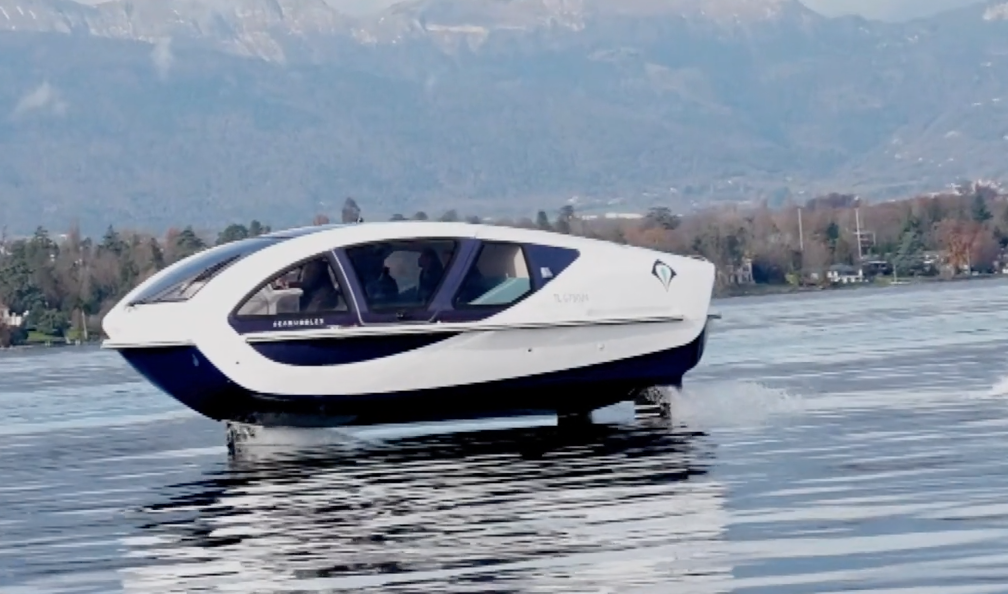
Innovative water-based transport has emerged in France with the introduction of SeaBubbles, an all-electric "flying water taxi." Capable of carrying up to five passengers, SeaBubbles operates on two hydrofoils, allowing it to glide above the water's surface. This design minimizes noise and wave production, offering a smooth and environmentally friendly ride.
Launched for testing in 2018 and commencing passenger services between Veyrier-du-Lac and Annecy les Marquisats in July 2023, SeaBubbles exemplifies the potential of zero-emission aquatic transport. A second, fast-charging version of SeaBubbles is also in development which could allow it to have a full battery in just four minutes.
“A second, fast-charging version of SeaBubbles is also in development which could allow it to have a full battery in just four minutes.”
The company is also developing a larger model, SmartBubbles, to accommodate 8-12 passengers and is working on fast-charging capabilities to further enhance the service's practicality and appeal.
OPES Solar Mobility's Vehicle-Integrated Photovoltaics

Addressing the need for sustainable energy solutions in transportation, OPES Solar Mobility has a production facility in Germany dedicated to vehicle-integrated photovoltaics. This initiative focuses on developing solar panels that can be seamlessly integrated into the surfaces of delivery vehicles and buses, providing a renewable energy source to power these vehicles.
By harnessing solar energy, these vehicles can achieve greater range and reduced energy costs, contributing to the broader goal of reducing carbon emissions in the transportation sector. The establishment of this facility not only supports the automotive industry's compliance with upcoming emissions standards but also signifies a commitment to local manufacturing and job creation in the green technology sector.
“The transportation industry has traditionally been one of the major emitters of carbon emissions. Only advanced electrification concepts can lead to the urgently needed change. We are contributing to this with our solutions,” explains Robert Händel, CEO of OPES Solar Mobility. “Trucks and vans have large surfaces that can be easily equipped with solar modules – combined with increasingly large battery capacities that simplify the use of photovoltaics. Our concept is an ideal fit for this. The solar energy generated can be used for immediate consumption or also stored; a decisive factor for greater ranges and meeting the energy needs of vehicles. With manufacturing capacity in Germany, we are creating new jobs directly on-site and a basis to systematically meet future requirements.”
"Trucks and vans have large surfaces that can be easily equipped with solar modules – combined with increasingly large battery capacities that simplify the use of photovoltaics."
These developments of varying degrees of feasibility underscore Europe's dedication to and reputation for pioneering sustainable mobility solutions. Through collaborative efforts, technological innovation, and strategic investments, European cities and companies are leading the global charge towards a more sustainable and efficient mobility future.

